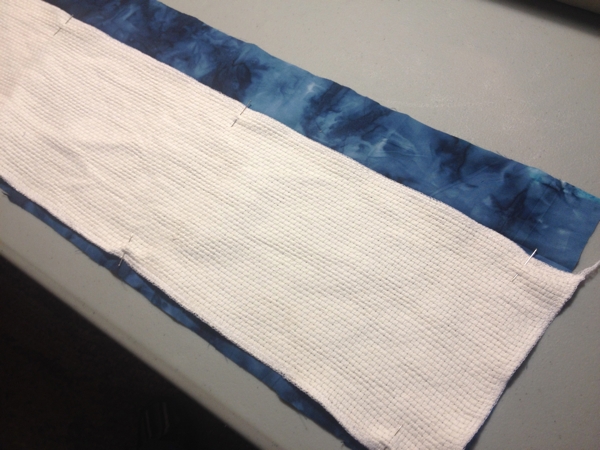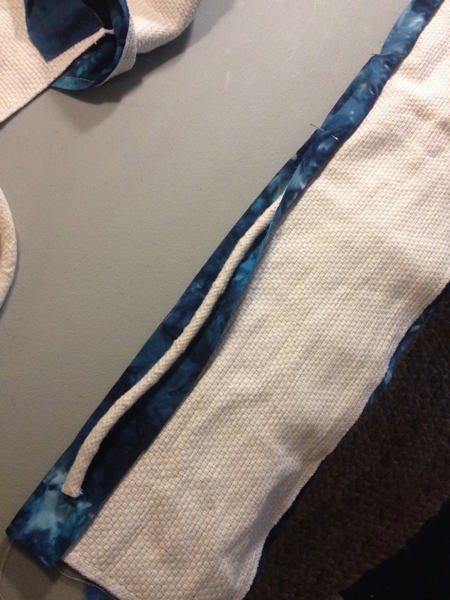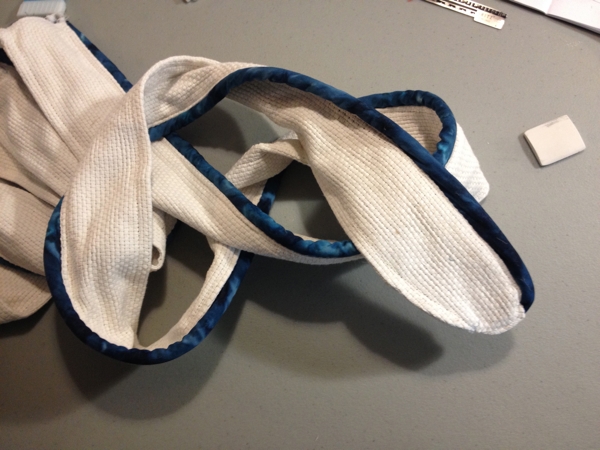 I wish to make a complaint.
I wish to make a complaint.
For months now I have avoided downloading and installing the newest versions of Apple’s Pages, Keynote, Numbers, etc. The reviews I read were enough to convince me that many features that I need and use regularly had been stripped out in the update, and I thought, fine, I’ll be a cranky old man and hang on to iWork 09 forever. (It meant that I had to keep telling the computer to “remind me tomorrow” every day at some point, but that was a minor annoyance compared to losing styles.)
First of all, why? Why would you take options and features away from an application? Sure, if you’re Microsoft, you’ve got plenty you can trim away from Word and no one would know the difference, but Pages was a lean, sleek word processor. It didn’t need to shed anything.
Still, I kept checking back to see if some functions had made it back in as Apple is wont to do with updates. Finally it dawned on me that I could just stop by our local Apple reseller and play with Pages directly. Lay hands on it. See if the things I needed most were in there somewhere.
(I also checked out Yosemite, the new OS, because upgrading one’s operating system should always give one pause.)
Everything seemed fine, so I spent an entire afternoon last week updating the laptop and then the iPad. (Updating the phone will have to wait for a brand new phone.)
So, everything seemed fine, although both laptop and iPad are noticeably more sluggish. Styles, which I use extensively, were different and not as easy to use, but at least they were there.
And then, just now, I wrote the post about music in Pages—which I will do with longer, more involved posts—and went to paste it into WordPress here. For some reason, paragraph returns don’t get translated into HTML paragraph tags, which I always forget, but that’s not a problem. I just go back to Pages and do a find/replace: find all the paragraph markers and replace them with the appropriate HTML tags.
Except.
Pages no longer supports finding and replacing invisible characters like paragraph returns or tabs. In the old version, you could click on the Advance tab and select those characters from a menu, or you could even type them in like ^p. But now you can’t.
I tried showing the invisibles and copying the paragraph markers into the find/replace dialog box, but all that did was find double spaces. What??
Some internet searching showed that indeed this feature was missing and the only workarounds were horrifically clumsy.
And so, Apple—if you’re listening—I’m going back to Pages 09 and will not be using your supernew and extremely broken word processor.




